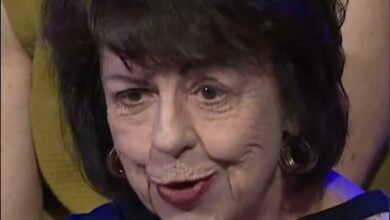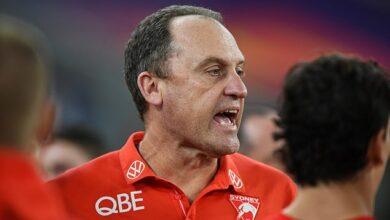Major change coming to Byron Bay short term rentals that will impact every tourist

A major change to the rules could spell bad news for the hordes of tourists visiting Byron Bay as a stricter limit is introduced on short-term holiday rentals.
From Tuesday, holiday home owners will be allowed to rent their homes to holidaymakers for up to 60 days a year, a third of the already restrictive 180 days currently in place for some properties in the northern hotspot of New South Wales.
The controversial new rule has been pushed for years by the local council to limit the number of unhosted short-term rental properties (STRA), news.com.au reported.
Locals believe that STRA properties have made permanent rental housing in the area unaffordable and have limited the number of tenants. They welcome the new restriction, but others believe the reform will “destroy the economy.”
This bustling seaside resort relies heavily on tourism, attracting more than two million holidaymakers each year.
The decision, made last year, is the first 60-day restriction in the whole of New South Wales and it is hoped the change will have a positive impact on the long-term rental market.
Ballina MP Tamara Smith took to social media on Monday to voice her hope for a tougher limit after a “decade-long fight for Byron Bay”.
“I hope it works … that we see thousands, or even hundreds, of entire homes coming onto the private rental market,” she said.

There are fears that short-term rental accommodation (STRA) in Byron Bay will become more expensive when the 60-day limit on letting a property comes into effect on Tuesday (picture a tourist looking out over Watego’s Beach, Byron Bay)

More than two million Australian and international tourists visit the Byron Bay region each year, supporting local jobs with their money (pictured: Byron Bay Regional Markets)
“We know they will be expensive, but we are the only local government area in the entire state running this trial… and we really want it to be a success,” Ms Smith wrote.
The new limit comes as the region faces one of the worst housing shortages and homelessness in Australia.
When an annual survey and count of homeless people sleeping rough was conducted in February, a staggering 348 were found in Byron Bay, a 16 percent increase on last year.
The city of Sydney had fewer, at 208.
The spike in the number of residents sleeping rough, combined with the fact that Byron Bay has one of the highest rates of short-term rental properties in New South Wales – 8.5 per cent – has residents hoping the new cap will help push holiday homes onto the long-term rental market.
However, many homeowners are convinced that this will not solve Byron Bay’s housing crisis, especially as some areas are exempt from the rule.
Beachfront properties, homes in the Byron Bay CBD and homes in the prestigious Watego’s Beach area are exempt from the new limit.
Some of the exempted ‘back streets’ have always been the most affordable for tourists. There are now fears that prices for these accommodation will rise, especially as these areas will soon be allowed to operate without a cap.

There are areas (in purple) that are exempt from the new cap – and soon these parts of the region will be able to operate without restrictions. There are fears that prices will go up
Michael Crosby, head of public policy at Airbnb Australia and New Zealand, told the Daily Mail that rent caps in Australia would not solve the housing problem.
“Sleeping cabins, both locally and internationally, have not improved housing affordability or supply,” he said.
‘In New York City, short-term rentals have been effectively banned, hotel prices have skyrocketed, and the availability and affordability of rental housing have not improved.
‘Tourism will suffer as guests will have fewer affordable accommodation options.’
According to Mr Crosby, Airbnb guests in Byron Bay spent a staggering $200 million in the community in the 12 months to March 2023.
“And we’ve helped support 800 local jobs, while enabling local hosts to generate additional income at a time when the cost of living is high,” he said.
Mr Crosby suggests the New South Wales government could increase the supply of affordable housing by charging tourists a “small levy”.

It is believed that most non-hosted holiday homes listed on Airbnb in Australia are primarily used by their owners as second homes – making it highly unlikely that they will ever enter the long-term rental market. Pictured are current Airbnb listings in Byron Bay
It is also believed that many of the properties available on Airbnb are primarily used as vacation homes for their owners, and are therefore highly unlikely to ever enter the long-term rental market.
Daily Mail Australia has contacted Byron Bay Mayor Michael Lyon for comment.




